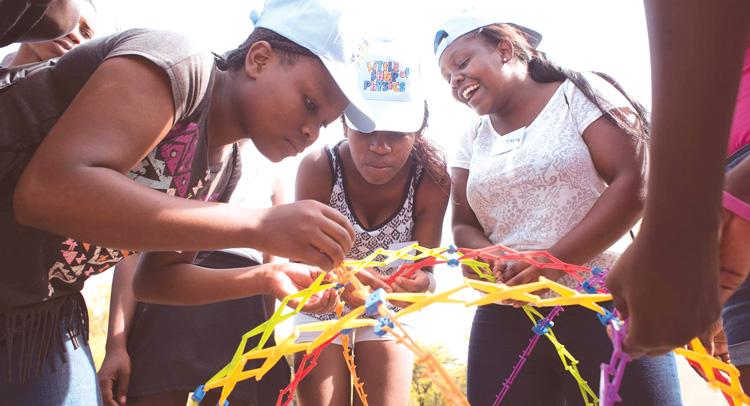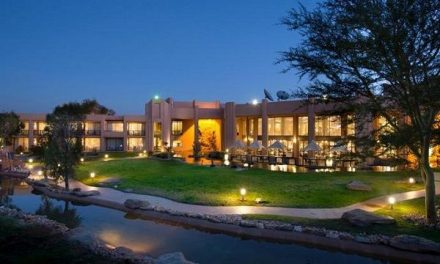
What if? What if? Is there a property company out there with enough guts (debt) to turn a shopping mall into a school?

It came as a shock last week to learn that the pharmaceutical retailer, Clicks, is shutting down the Musica franchise for good. Since September 2020, Clicks has already shut 19 Musica stores in Southern Africa. The remaining 60 stores will be shut down as their leases expire including those in Namibia and Botswana.
On Thursday 28 January, Clicks said in a statement that Musica has been operating in a declining market for years owing to the structural shift globally to the digital consumption of music, movies and games. This trend has only been reinforced by the lockdowns which resulted in the rapid decline of foot traffic in the malls Musica depend on for its sales.
Musica is one of several lifestyle retailers that are downscaling, closing doors, or shutting down altogether. This trend has vast implications for Namibian property companies since the likes of Edgars (CNA) and Clicks are typically major tenants in large shopping malls. And this is where our troubles are brewing.
Stroll down any of the three large shopping malls in Windhoek and it is immediately obvious that a slow-motion tsunami is bearing down on the owners of those malls. There are many more shops signalling their intention to close, not just Musica or CNA.
How the property companies are going to get around this one, is not clear since a quick revival of the broader economy is not guaranteed, not even after Covid vaccines have become freely available. And with retailers like Musica, the decision to shut them down has already been taken. It is now just a matter of winding up, determining which shops go first. I assume the same will apply to other struggling retailers.
The inevitable impact is that property companies will have to come up with alternative uses very soon because it is a given that they will not find other retailers for those rather pricey empty spaces, at least not as long as everybody is holding back on spending to see which way Covid-19 goes.
But I believe there are other options, especially when one starts thinking outside the conventional retail cum shopping mall paradigm.
There is absolutely nothing that prevents designated wings in shopping malls to be turned into hospitals, or schools or kindergartens. Although a bit more off the radar, it is even conceivable that some areas in shopping malls, especially the bigger ones, can be turned into residential units.
The idea I want to dwell on and expound a bit relates to converting parts of shopping malls into schools.
First, the typical large shops will allow for bigger classrooms which will relieve some of the pressure in congested schools. The point is, if you have a large indoors space, you can create large classrooms out of it. You do not need to go for the more expensive bricks and mortar type school building. One of the malls I checked out recently had empty space, or impending empty space, that can accommodate many big classrooms. I estimate roughly that about 500 learners will fit in there comfortably. This is approaching a medium-size school.
What’s more, all the amenities and ablutions are already there, they only need to be converted and expanded to make provision for the learners. Most of the shopping malls are designed in such a way where a whole wing can be turned into a school and in some there is enough space to create an after-school care centre, add a clinic or even a dining hall. In any case, there is a sufficient number of food sellers in any shopping mall so that all the children will be able to get their lunch right there on the spot without leaving the mall, adding an element of security so that parents do not need to worry about their children after school hours.
In a roundabout way, having a school in a shopping mall will also, to a limited extent, create more foot traffic since the children will be there for most of the day while the parents have to be there at least once a day to pick up the children.
If this works, there is no reason not to put up areas for sport and leisure activities, like one mall is already offering to entice potential shoppers.
I realise much thinking has to go into this to take it from a hairbrainer to a no-brainer, but I believe it can be done. A shopping mall is in itself a fully contained world. Turning it into a school is feasible, and after school, everything the children need is also there already.
How to finance this will be the most tricky part, but it can also be done. You only need to have the property companies on board, then scouting for investors can begin. Once the two are matched (the property owner and the property investor), it should not be that difficult to devise a workable long-term investment structure to ensure the malls are utilised to full potential, and that the entire project generates an acceptable return on investment.











































